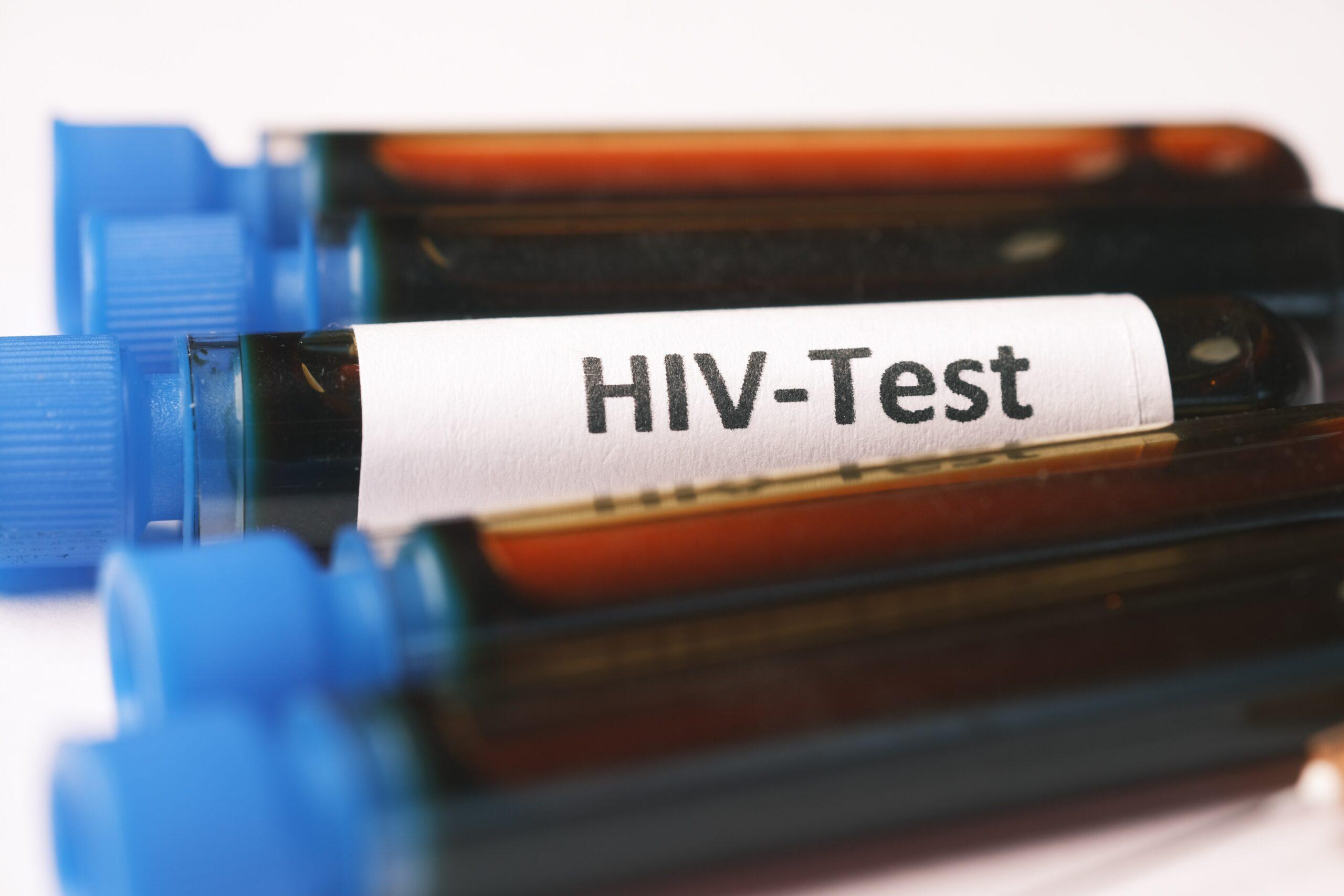African leaders unite in pledge to end AIDS in children

Ministers and representatives from 12 African countries have laid out their plans to end AIDS in children by 2030 under the Dar-es-Salaam Declaration for Action to end AIDS in Children. International partners have set out how they would support countries in delivering on those plans issued at the first ministerial meeting of the Global Alliance to end AIDS in children. The meeting hosted in Dar es Salaam by the United Republic of Tanzania, marks a step up in action to ensure that all children with HIV have access to life saving treatment and that mothers living with HIV have babies free from HIV. The Alliance will work to drive progress over the next seven years, to ensure that the 2030 target is met.
Currently, a child dies from AIDS related causes every five minutes, globally. Only half (52%) of children living with HIV are on life-saving treatment, far behind adults of whom three quarters (76%) are receiving antiretrovirals. In partnership with networks of people living with HIV and community leaders, ministers outlined action plans to help find and provide testing to more pregnant women and to link them to care and finding and caring for infants and children living with HIV.
UNICEF welcomed the leaders’ commitments and pledged their support. “Every child has the right to a healthy and hopeful future, but for more than half of children living with HIV, that future is threatened,” said UNICEF Associate Director Anurita Bains. “We cannot let children continue to be left behind in the global response to HIV and AIDS. Governments and partners can count on UNICEF to be there every step of the way. This includes work to integrate HIV services into primary health care and strengthen the capacity of local health systems.”
WHO set out its commitment to health for all, leaving no children in need of HIV treatment behind. “More than 40 years since AIDS first emerged, we have come a long way in preventing infections among children and increasing access to treatment, but progress has stalled,” said Dr Tedros Adhanom Ghebreyesus, WHO Director-General. “The Global Alliance to End AIDS in Children is a much-needed initiative to reinvigorate progress. WHO is committed to supporting countries with the technical leadership and policy implementation to realise our shared vision of ending AIDS in children by 2030.”
Peter Sands, Executive Director of The Global Fund said, “In 2023, no child should be born with HIV, and no child should die from an AIDS-related illness. Let’s seize this opportunity to work in partnership to make sure the action plans endorsed today are translated into concrete steps and implemented at scale. Together, led by communities most affected by HIV, we know we can achieve remarkable results.”






